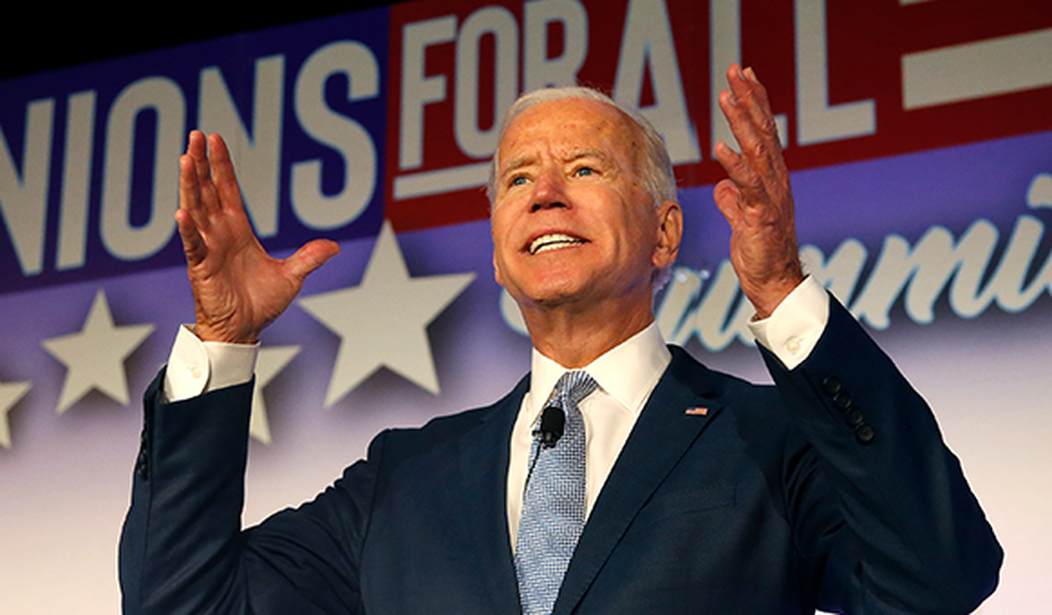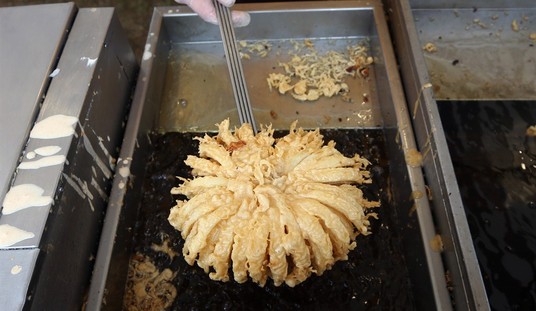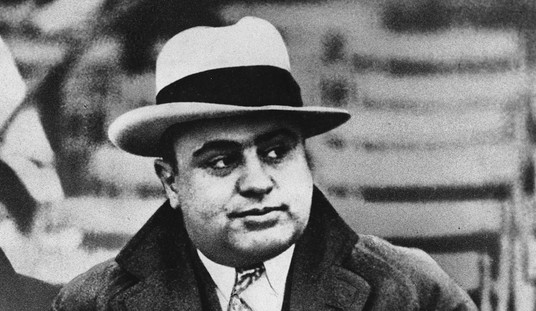If you pay taxes, you help fund the highly partisan government employee unions that funnel tens of millions of dollars into radical left-wing campaigns that elect politicians who want to ban gas stoves, change kids’ pronouns without their parents’ knowledge, and now withhold funding from schools that maintain gun safety and archery programs.
It’s not your fault – it’s by design.
You see, for decades, government employers have automatically deducted an employee’s union dues from their paycheck and sent it to the union before the employee even sees that money. The automatic deduction accomplishes a few things: It collects the money on behalf of the union such that the employee doesn’t have to give it another thought – or consider whether they want to keep that money for themselves – and it saves the union the time of having to ask the employee to choose to pay them and risk the employee deciding they don’t find their union membership worth paying for.
This practice went under the radar for a long time, until the Supreme Court ruled in 2018 that public employees could not be forced to pay union dues as a condition of employment. Until then, there wasn’t much of a choice, and paying union dues was just part of the job. But when millions of people started to learn they didn’t have to hand over part of their hard-earned paycheck to a union boss, they began to reconsider whether they wanted to support the union in the first place.
And in the years since that 2018 ruling in Janus v. AFSCME, government employee unions have revealed themselves to be increasingly politically toxic to the values and ways of life for many of their members, whether that be ignoring laws that increase violence on the streets and looting and destroying businesses across the country, determining what kind of cars they can drive or appliances they can have in their own homes, and what is taught in their kids’ schools (and if they can even attend school).
Government employee unions have been the single largest benefactors of the Left for years, reshaping American life to the point that many people do not recognize the America from merely a decade ago.
Thankfully, many people – union members included – are fed up with their destructive policies and are finding ways to break the stranglehold government unions have over politicians and public policy – end their sweetheart monopoly over government paychecks.
Government employers deduct money from employee paychecks for the normal withholding items like FICA, Medicare, retirement, etc. But why would the government do the union’s bidding and collect their membership payments for them?
Do government employers collect your church tithe or pay your AAA membership? Of course not.
Why should the unions get a special deal so they don’t have to set up their own payment system, like nearly every other business or membership organization has been doing for decades?
The sentiment is gaining traction, which is why just this year, the state legislatures in Arkansas, Tennessee, Florida, and Kentucky passed legislation to get their respective governments out of the business of doing the unions’ money collection for them. Kentucky Gov. Andy Beshear vetoed the legislation, but state lawmakers successfully overrode his veto to force the labor unions to collect their own payments – and give their state employees the opportunity to decline said payments.
Arkansas and Tennessee focused on stopping government deductions for teachers’ unions – a good start – while Florida and Kentucky succeeded in removing government from nearly all public employee union deductions.
Now, just before Congress left Washington, D.C. for the August recess, Eric Burlison, a freshman Congressman from Southwest Missouri, quietly introduced HR 4971, the federal “Paycheck Protection Act.”
If enacted into law, HR 4971 would turn Big Labor’s political stranglehold over American politics on its head – and importantly, the unions know it.
In each of the states where these bills were considered, labor unions – teachers’ unions and others – did their level best to confuse and manipulate the facts to scare their members into thinking they would lose their workplace benefits, if not their jobs.
Speaking on a panel at the U.S. Department of Labor in March, National Education Association president Becky Pringle commented on the respective state bills, saying:
Here we are, looking at rights begin taken away from union members, educators, workers, and students. The right to learn, the freedom to teach. Right here in our own country. In Florida, in Texas. The right to organize (is) being threatened this week in the state(s) of Kentucky, Arkansas and Tennessee.
Florida labor unions filed suit to prevent the law from going into effect but their efforts have so far been rejected by judges in both federal and state court.
Labor unions are pulling out all the stops because they know that if employees have to take affirmative action to hand over their credit card or sign up for bank transactions to pay for union membership, many of them will decide they’d rather keep that money for themselves.
Between the four states that enacted state paycheck protection laws this year, hundreds of thousands of public employees saw an increase in their take-home pay when the union dues deductions stopped.
How many union die-hards signed up to continue paying dues remains to be seen – but think of what an impact HR 4971 would make if enacted for the entire federal workforce.
Ashley Varner is the VP of communications for the Freedom Foundation.














Join the conversation as a VIP Member